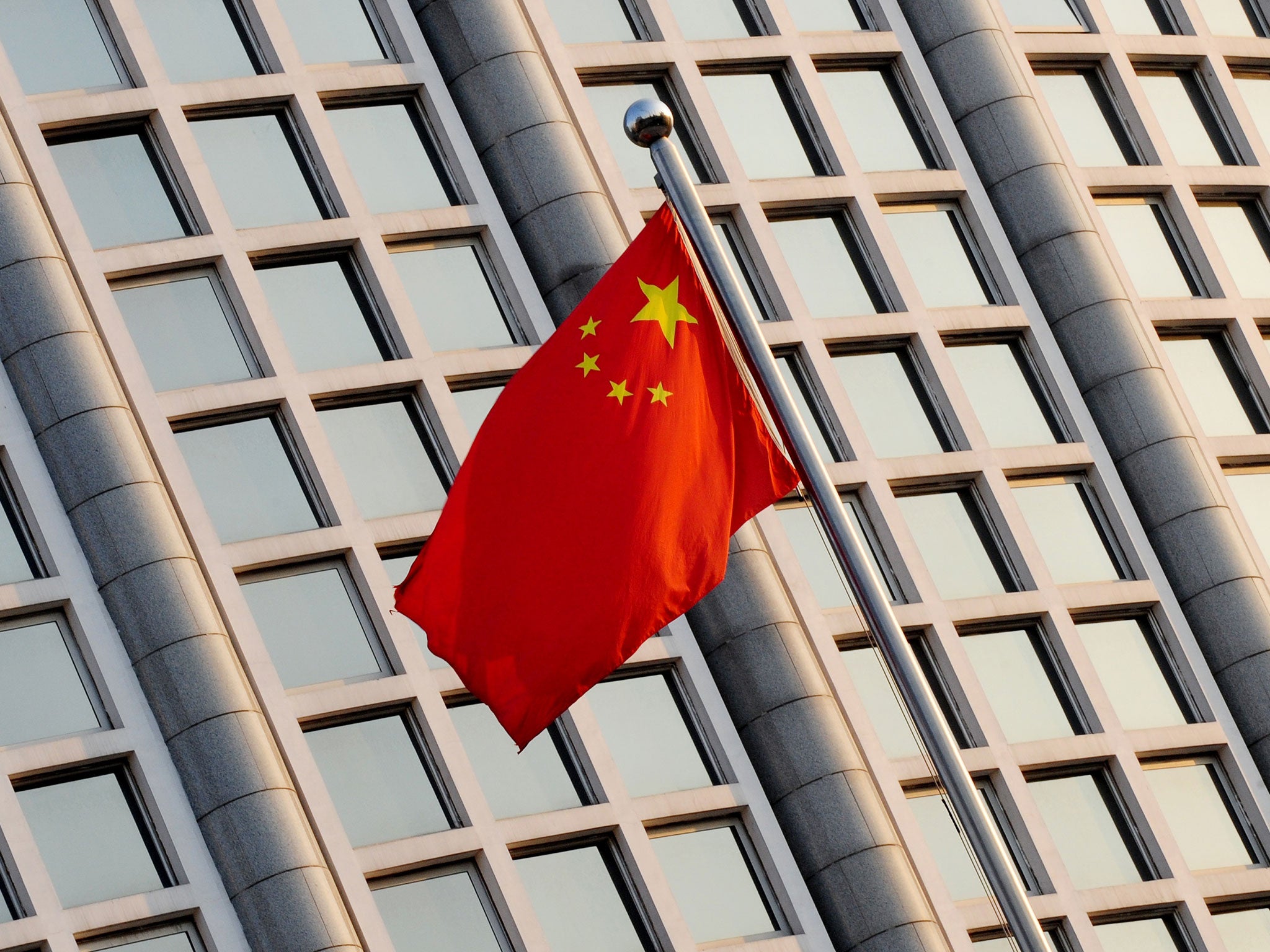Bank warns of dangers from a great wall of Chinese liquidity
Capital liberalisation will drive China's investments to 30 per cent of global GDP

China's overseas investments could mushroom over the next decade, bringing significant economic benefits to Britain but also, potentially, considerable financial dangers, according to the Bank of England.
In a paper published yesterday, researchers from the Bank said that if the Beijing authorities follow through on their stated plans to liberalise the country's capital account – meaning Chinese people and companies will be able to shift money freely across the nation's borders – China's gross international investment position could rocket from 5 per cent of world GDP today to more than 30 per cent by 2025.
"If China does liberalise, few other events over the next decade are likely to have more impact on the shape of the global financial system," the researchers noted.
The Bank added that the UK, which has one of the world's premier financial hubs in the City of London, would be particularly affected by the Asian nation's full integration into global capital markets.
It said that financial liberalisation in China could be a "force for economic growth and financial stability not just in China but also globally".
Capital account liberalisation by Beijing, the Bank suggested, would help unwind the international economic imbalances that contributed to the global financial meltdown of 2008-09. The massive accumulation of dollar assets by the Chinese central bank over the past decade, a direct consequence of the country's closed capital account, depressed interest rates in Europe and America, facilitating a build-up of debt in the West. If China were to lift the tight restrictions on outward investment, this frenetic reserve accumulation would abate.
However, the Bank also highlighted potential risks to financial stability from the liberalisation of capital flows, warning that shocks within the Chinese financial system could be rapidly transmitted to the rest of the world. It also noted that a sudden flood of Chinese liquidity into global capital markets could result in a potentially hazardous "mispricing of risk".
The Bank said that this fine balance of opportunities and dangers underscored the need for a "careful sequencing" of China's integration into the global financial system and would require heightened vigilance from regulators round the world.
These challenges were highlighted during George Osborne's October trip to China, when the Chancellor announced that the rules on Chinese banks wishing to set up shop in London would be relaxed.
Some analysts raised their eyebrows at this because during the financial crisis five years ago, branches of Icelandic banks, which had lured ordinary depositors by offering market-beating rates of interest, failed and the British Government was forced to step in to bail these customers out.
Andrew Bailey, the head of the Bank's Prudential Regulatory Authority, stressed that Chinese banks would not be allowed to take deposits from ordinary depositors and that they would only be permitted to operate here if there was a potential burden on the British taxpayer.
Subscribe to Independent Premium to bookmark this article
Want to bookmark your favourite articles and stories to read or reference later? Start your Independent Premium subscription today.

Join our commenting forum
Join thought-provoking conversations, follow other Independent readers and see their replies